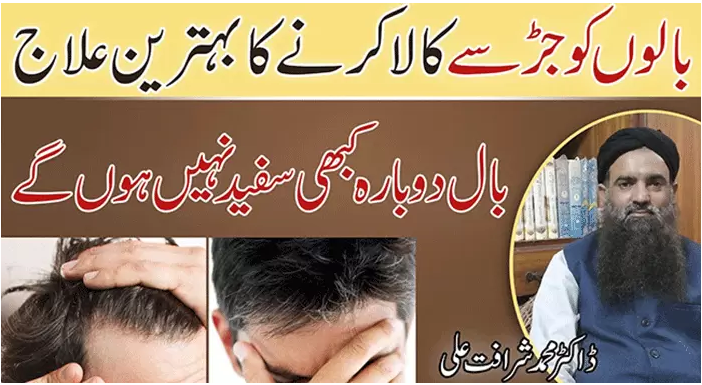Introduction to Premature Gray Hair
Premature gray hair, also known as premature graying, refers to the loss of natural hair pigmentation before the age of 20 in Caucasians and before 30 in Africans. Understanding the causes and solutions for premature gray hair is essential for maintaining hair health and confidence.
Understanding premature graying of hair Premature gray hair occurs when melanocytes, the cells responsible for producing hair color, decrease in function or die prematurely. This can result in the appearance of gray or white hair at an earlier age than expected.
Impact of premature gray hair on self-esteem Premature graying can have a significant psychological impact, affecting self-esteem and confidence. Many individuals may feel self-conscious about their appearance and seek solutions to restore their natural hair color.
Causes of Premature Gray Hair
Genetic factors contributing to premature graying Family history plays a significant role in determining when and how quickly hair turns gray. If your parents or grandparents experienced premature graying, you may be more likely to develop it as well.
Environmental and lifestyle influences on hair color Factors such as smoking, exposure to pollution, poor nutrition, and chronic stress can accelerate the graying process. These environmental and lifestyle factors can damage hair follicles and disrupt melanin production.
Lifestyle Modifications for Prevention
Adopting healthy habits for maintaining hair health
- Eat a balanced diet rich in vitamins, minerals, and antioxidants to support hair follicle health.
- Stay hydrated by drinking plenty of water to keep hair moisturized and vibrant.
- Manage stress through relaxation techniques such as meditation, yoga, or deep breathing exercises.
Nutritional considerations for preventing gray hair
- Incorporate foods high in vitamin B12, folate, biotin, and copper, which are essential for melanin production.
- Consume protein-rich foods like lean meats, eggs, nuts, and legumes to support hair growth and strength.
Natural Solutions for Gray Hair
Herbal remedies and supplements for hair pigmentation
- Herbs like blackstrap molasses, nettle leaf, and horsetail can promote hair pigmentation and slow down the graying process.
- Supplements such as biotin, catalase, and PABA (para-aminobenzoic acid) may help restore natural hair color.
Essential oils for promoting hair growth and color
- Essential oils like rosemary, lavender, and cedarwood can stimulate hair follicles, improve circulation, and enhance hair color and shine.
Hair Care Practices for Prevention
Gentle hair care routines to minimize damage
- Use a sulfate-free shampoo and conditioner formulated for your hair type to prevent dryness and breakage.
- Avoid overwashing and excessive heat styling, as these can strip the hair of its natural oils and weaken hair follicles.
Avoiding harsh chemicals and heat styling tools
- Limit the use of hair dyes and chemical treatments, as these can damage the hair and contribute to premature graying.
- Use heat styling tools sparingly and always apply a heat protectant spray before using them to minimize damage.
FAQs about Premature Gray Hair
FAQ 1: Can stress cause premature graying of hair? While stress alone may not directly cause premature gray hair, chronic stress can contribute to oxidative stress and damage to hair follicles, accelerating the graying process.
FAQ 2: Is premature gray hair reversible? While there is currently no known cure for premature gray hair, certain lifestyle modifications, nutritional interventions, and natural remedies may help slow down or reverse the graying process in some cases.
Conclusion
Premature gray hair can be a challenging aspect of aging for many individuals, but it doesn’t have to define one’s appearance or self-esteem. By understanding the causes of premature graying and implementing lifestyle modifications and natural solutions, individuals can take proactive steps to maintain healthy and vibrant hair throughout their lives.






